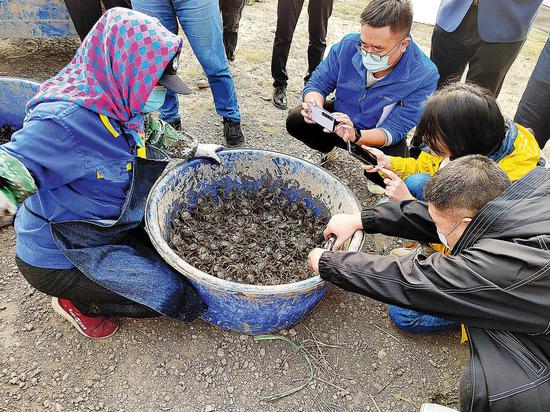
A farmer (left) shows crabs harvested from her rice paddies in Tianjin's Ninghe district. (Photo: China Daily/Yang Cheng)
Located in northern Tianjin's Ninghe district, Qilihai-or "Seven Mile Sea" in Chinese-is one of the world's oldest existing coastlines, but in the last three years, it has undergone a major face-lift.
Efforts by the local government to remove 230 illegal construction sites and halt all fishing, farming and agritainment businesses in the area since 2018 have paid off.
Statistics from the Ninghe government indicate that the 230-square-kilometer Qilihai wetland area is now home to 160 plant species, 30 fish species and 258 bird species. In fact, the wetland's bird population has doubled during the last 10 years, thanks in part to the arrival of 76 species not previously present in the area.
The increase of biodiversity has accompanied the gradual return of the shore's natural beauty and tranquillity. It's the biggest wetland area in the Beijing-Tianjin-Tangshan triangle and not only serves as the region's lungs, but also has a major environmental impact, according to Yu Zenghui, an ecological consultant for the district government.
In recent years, Tianjin has invested nearly 9 billion yuan ($1.4 billion) in restoring wetland areas near Qilihai and according to plans, total investment for the project will top 17 billion yuan.
This is expected to help boost the wetland by introducing more plants, which will result in cleaner water, and reducing human activity in order to support more wildlife and allow for a properly functioning biological chain to flourish.
The efforts, which have come at the cost of economic development in the area, are an example of the central government's support of President Xi Jinping's statement that "lucid waters and lush mountains are invaluable assets", said Bai Fengxiang, Party chief of Ninghe district.
New business
Seeing the improvement to the environment, many local residents who had difficulties figuring out how to make a living when they were told to cease all farming, fishing and agritainment activities in 2018, are now greatly surprised by their new lives.
"We no longer worry about the loss of generations-old businesses and farms, as we are quite satisfied with the changes the government-supported farming businesses started elsewhere have brought us," said Yu Changwu, one of the 25,000 villagers who were relocated from the core area of the wetland.
Wang Jin, director of the Ninghe Agriculture and Rural Affairs Committee, who was born and raised in the area, said: "Now, farmers have been assigned larger farmlands farther from the shore and are mentored by the country's top polyculture experts and business owners. They are reaping bumper harvests from rice-crab polyculture."
Du Naihe, one of the biggest crab and rice polyculture business owners in Ninghe since the 1980s, has been delighted to discover that he has so many followers, and that all of Ninghe's 186 sq km of paddy fields will be devoted to polyculture by the end of next year.
"Only 2 sq km was used for polyculture in 2018. With more farmers moving out of Qilihai and being assigned new farms farther away, crab and rice polyculture is already being practiced on 136 sq km of rice fields," he said.
According to the local government, total crab sales could hit 360 million yuan this year, while rice production from polyculture could help farmers increase their incomes by 100 million yuan.
Cultural lives
After the restoration project, Tianjin gave 1 million yuan toward the expansion of an existing museum in Xingjiatuo village.
The Xingjia Family Folk Museum had previously been privately funded by Ma Zhende, who began work on it in 2014.
"The project helped us expand to 6,600 square meters, turning this into the largest folk museum in the city," Ma said.
Ma's collection of old family furniture and tools dating from different periods during the last seven decades has garnered widespread interest. He has started organizing cultural activities for the villagers, including summer camps for teenagers on the museum grounds.
In Penguan (meaning "basin and pot" in Chinese) village, where pottery has been made for more than 2,000 years, tourism is booming.
Han Kesheng, an inheritor of the village's pottery making tradition, said that he is delighted to see more visitors, and added that 150 potters have come to work in the village because the district is supporting the pottery business and has included it in an overall strategy integrating culture and tourism.
"Thanks to the strategy, my workshop has been renovated, and new homestays for pottery fans have been built over the last two years," he said.








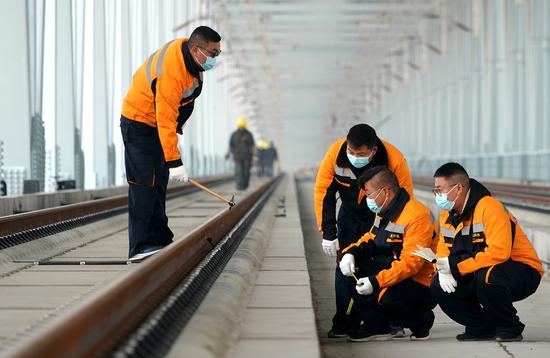
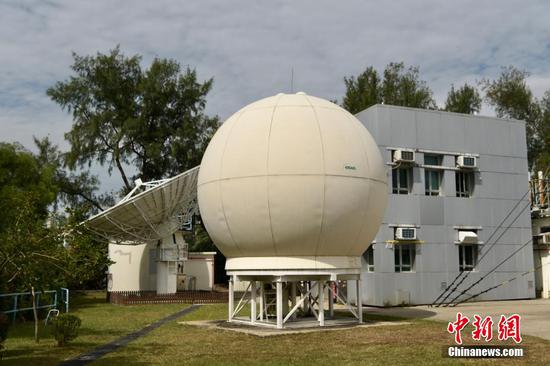
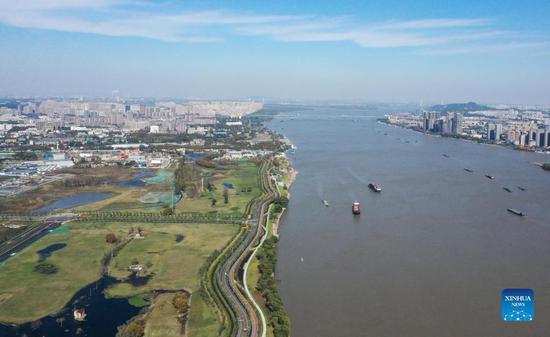
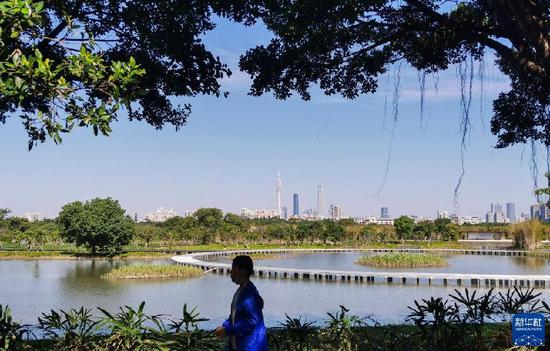
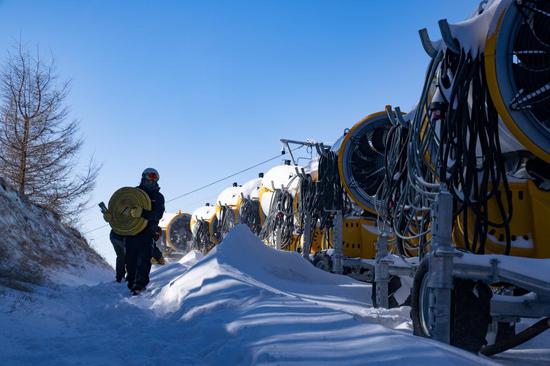
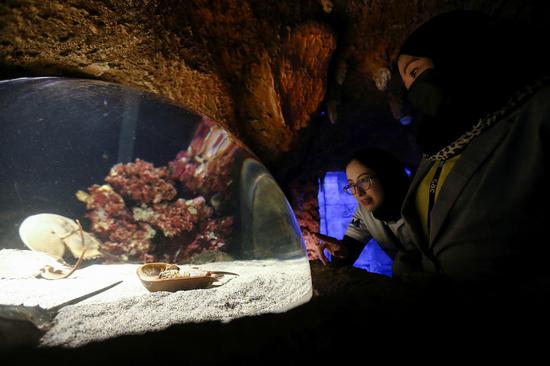
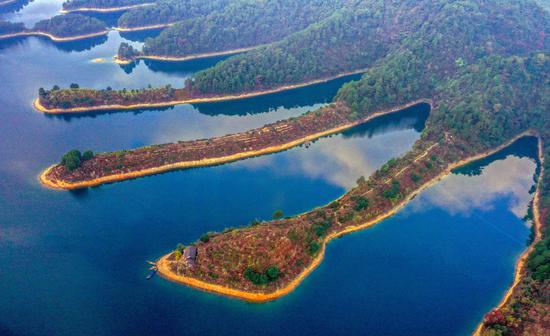



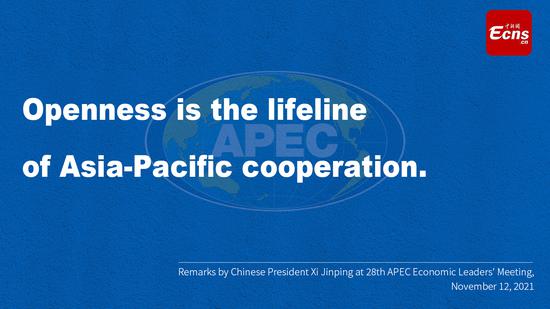
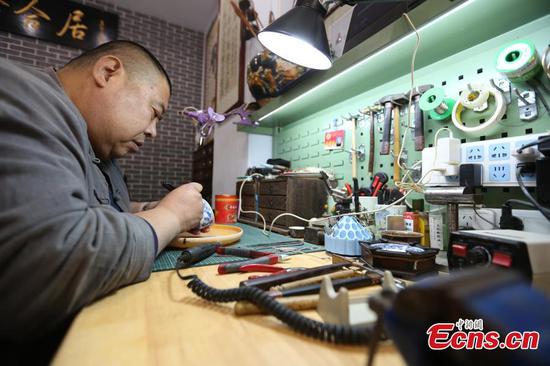


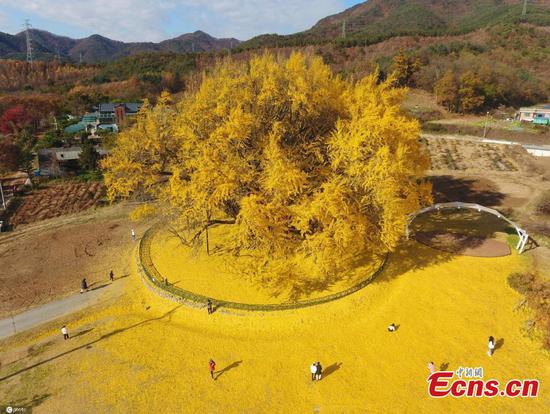
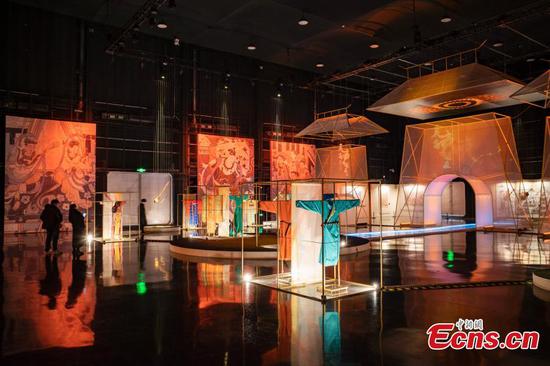

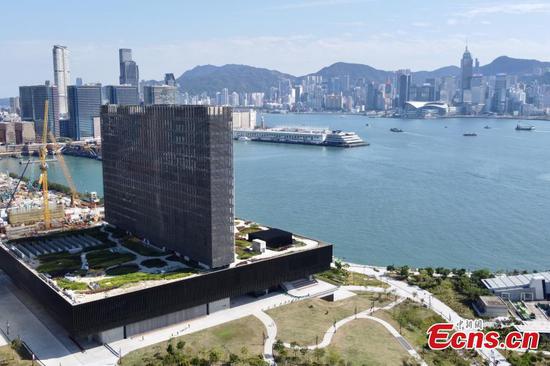


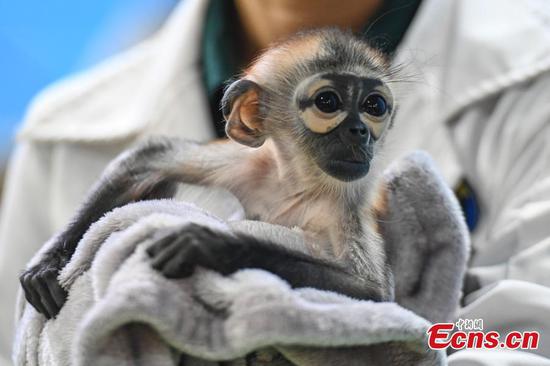
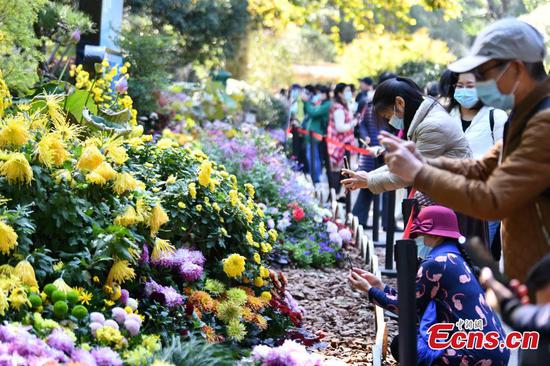
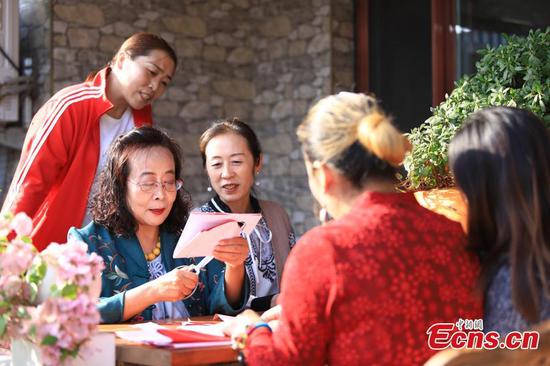
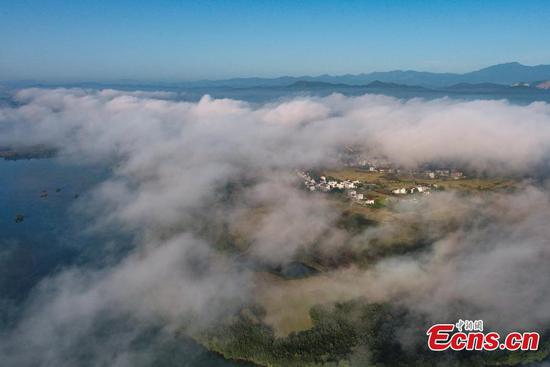

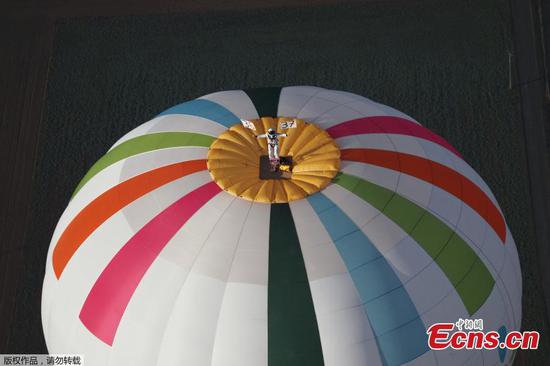
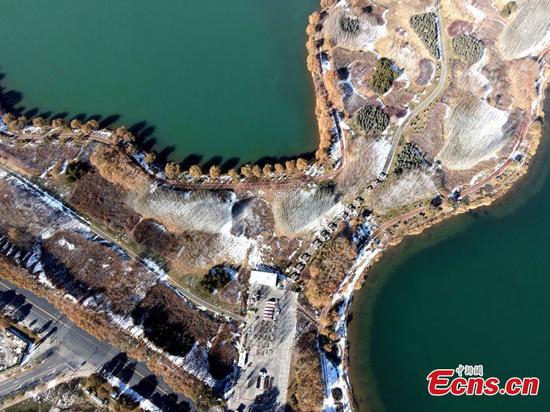
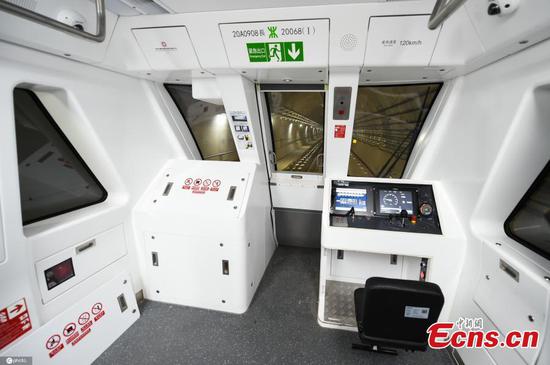

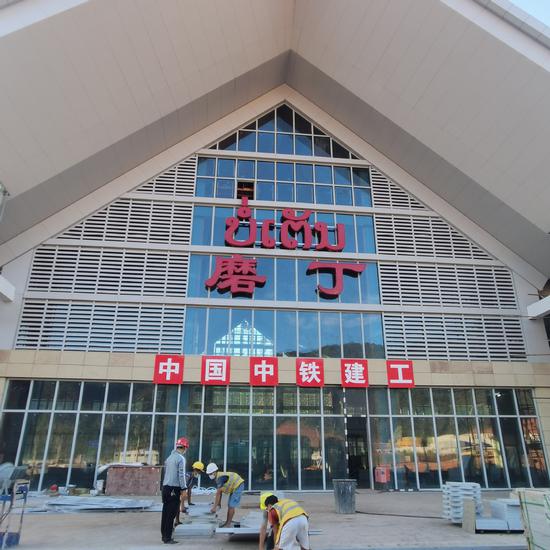
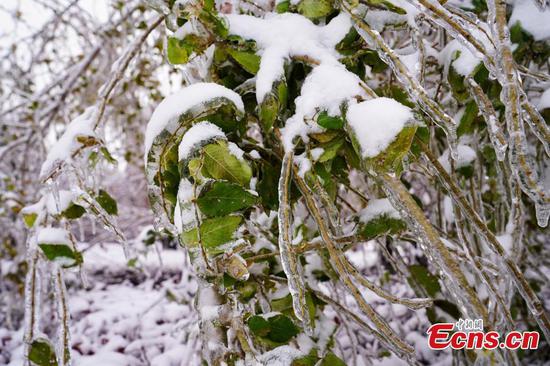
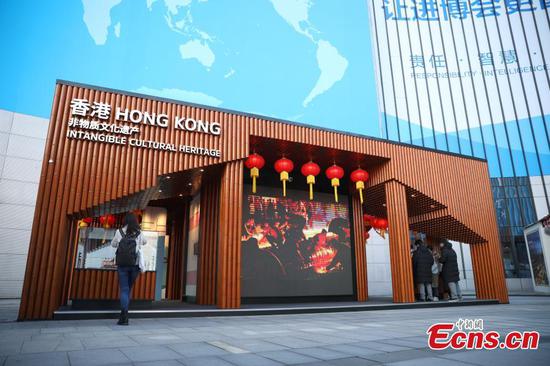



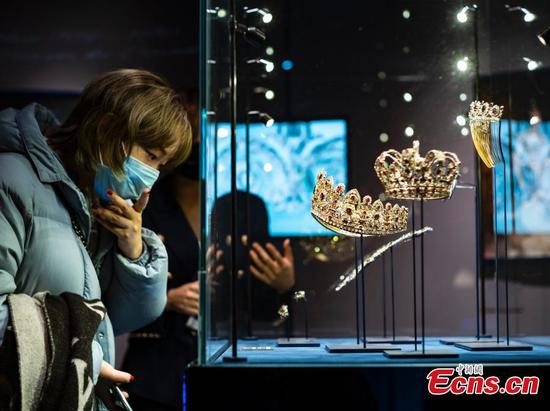
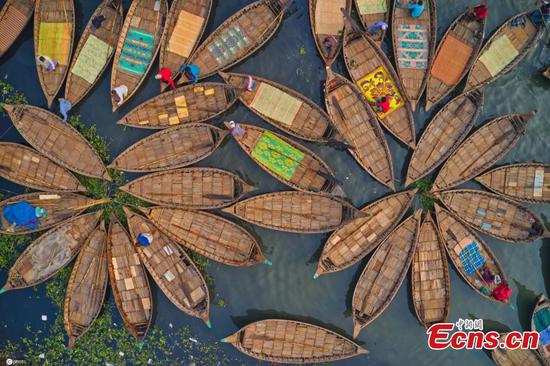





 京公網(wǎng)安備 11010202009201號(hào)
京公網(wǎng)安備 11010202009201號(hào)